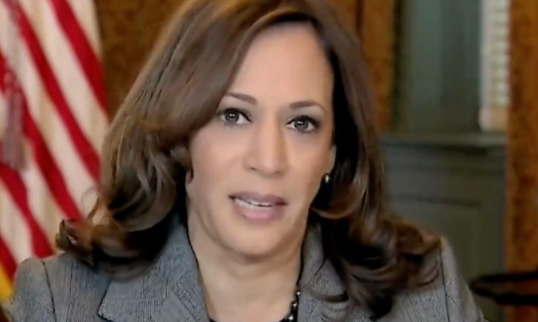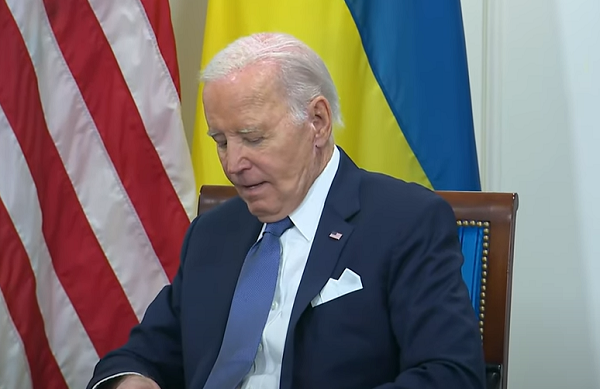If an investor has one investment that significantly surpasses expectations, it would be considered a stroke of exceptional luck. This would lead most people to believe that the investor either possesses a deep understanding of the market or has a skilled broker.
However, when an entire group of individuals consistently outperforms expectations and outshines the market by three, five, or even ten times, it raises suspicions of something more profound happening behind the scenes.
According to an article in Fortune, numerous members of Congress had a remarkable year in 2023 when it came to their stock trading activities. Surprisingly, a substantial portion of the 100 Congress members who disclosed their financial transactions in 2023 managed to outperform the S&P 500 by a significant margin.
A thread on the social media platform X, initiated by the stock and options news service Unusual Wales, shed light on this matter. On average, Republican members of Congress achieved an impressive 18 percent return on their investments, while their Democrat counterparts achieved an astonishing 33 percent return on their trades.
🚨BREAKING🚨
I have just released the full report on politicians trading in 2023.
Like every year since 2020, US politicians beat the market.
And many in Congress made unusually timed trades resulting in huge gains.
Here are the top performers of 2023. pic.twitter.com/ykf9VICsBw
— unusual_whales (@unusual_whales) January 2, 2024
Fortune highlighted the disparity between the Democrats and Republicans, suggesting that the Republicans’ heavy investments in financials, oil, and commodities may have contributed to their challenging years.
The former Democratic Speaker of the House, Nancy Pelosi, experienced an impressive 65 percent increase in the value of her portfolio. Republican Senator Susan Collins of Maine also saw a significant rise of 55 percent. However, the highest returns came from New York Democratic Representative Brian Higgins, who achieved a remarkable 238 percent increase. Fortune’s report pointed out that members of Congress were exempt from certain insider trading regulations, which could potentially explain the extraordinary success some of them have enjoyed in the stock market in recent years.
According to Unusual Whales, members of Congress collectively earned over $1 billion through stock market trading. Even if this amount were evenly distributed among the 100 members, each would still receive $10 million. Interestingly, Democratic lawmakers received a larger share of this $1 billion compared to their Republican counterparts, as highlighted by Unusual Whales.
While trading lawmakers may argue that their success is due to luck or exceptional brokers, consistently outperforming the market by three, five, or even ten times raises suspicions. If these members of Congress have access to such skilled brokers, why haven’t all Americans utilized their services? It is possible that some of these lawmakers have pushed the boundaries of already lenient insider trading rules beyond what is considered entirely ethical.







